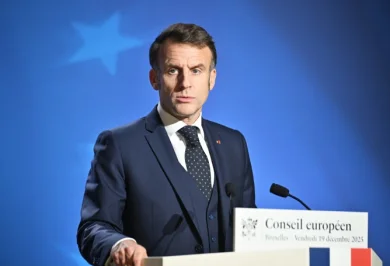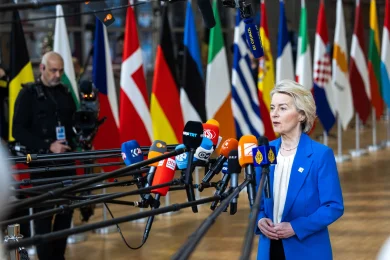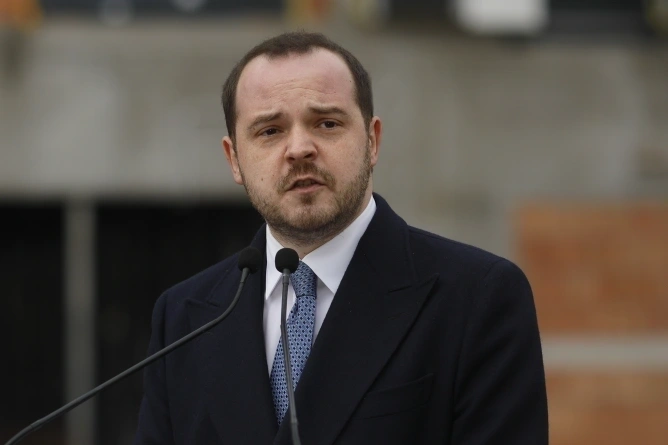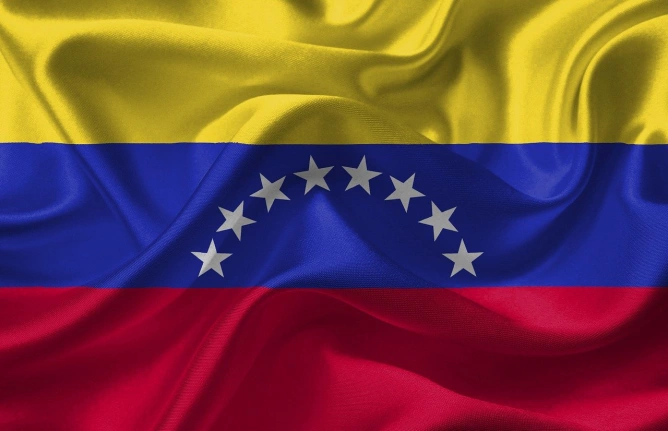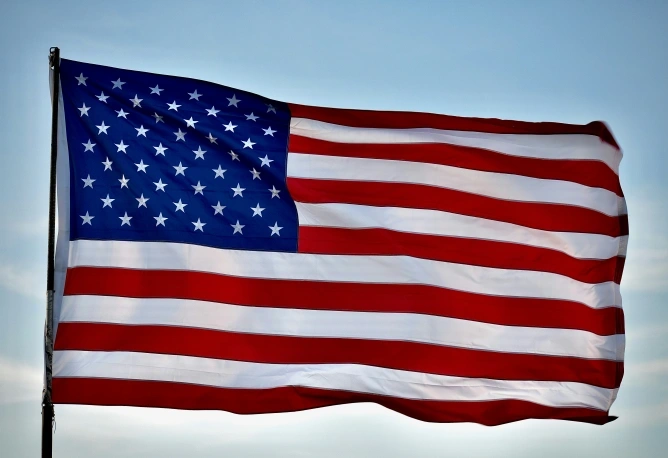
In October, at the meeting of the International Maritime Organization in London, European officials were subjected to unprecedented pressure from the United States, according to anonymous sources cited by Politico. Diplomats were summoned to the U.S. Embassy, where they were given threats related to their countries' trade relations with the U.S. and the visas of family members. If they did not vote according to Washington's wishes, companies from these states risked financial losses, and the families of the diplomats could face visa restrictions.
These pressures were motivated by former President Donald Trump's opposition to climate measures, and the U.S. opposed the initiative to tax pollution from shipping, arguing that it would affect American companies. As a result of an intense lobbying campaign, the IMO decided to postpone the introduction of the tax by a year, a significant victory for Washington.
Critics believe that this episode undermines multilateralism and marks a new rift in relations between the U.S. and the European Union. U.S. Secretary of State Marco Rubio defended the actions of the U.S., stating that diplomacy based on national interests is essential.



